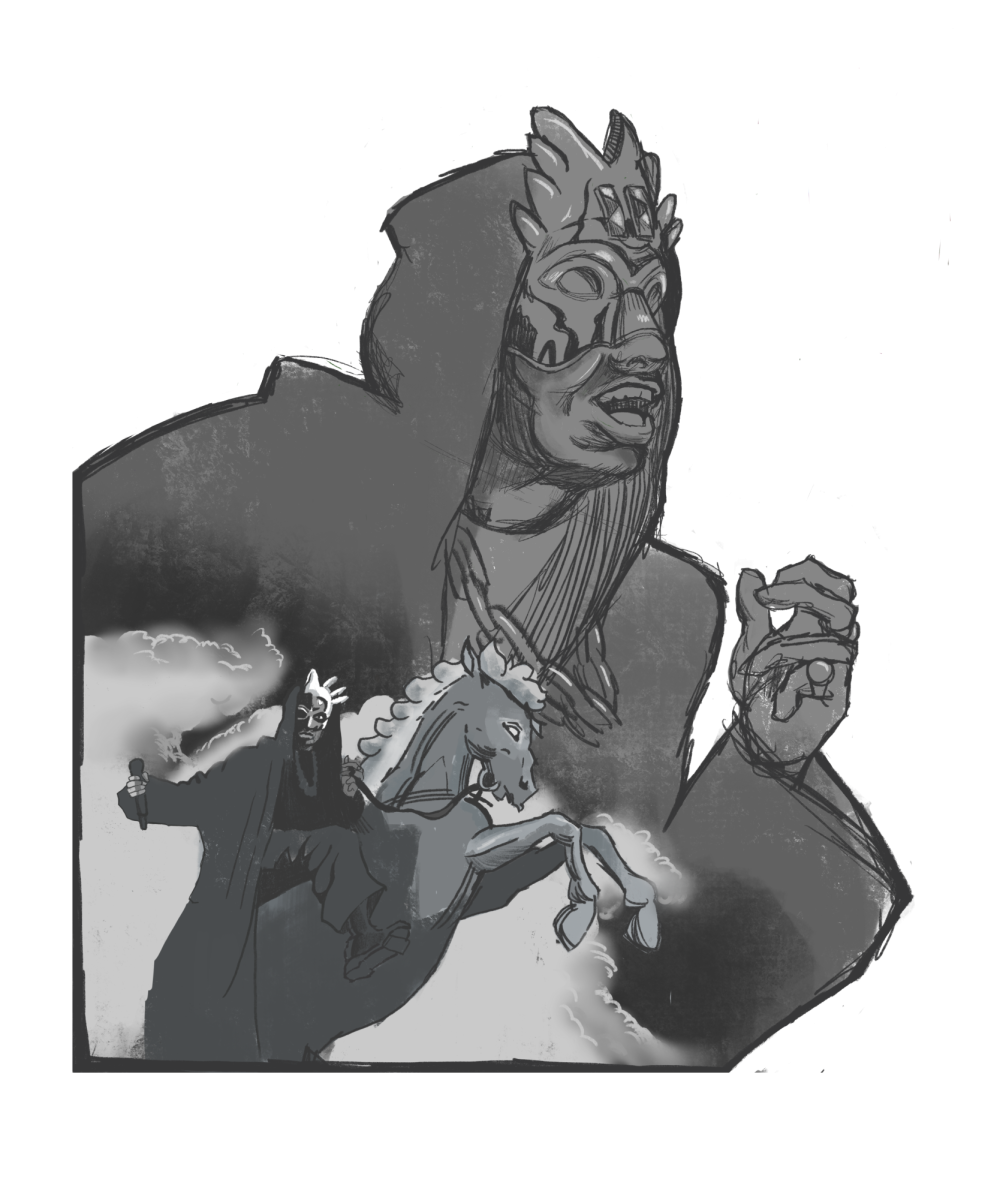Star Trek has always been part of my cultural lexicon. I know I wasn’t the only one on the playground in grade school proclaiming, “Resistance is futile!” From the humble days of its beginning to conventions full of Trekkies, Star Trek has been a pillar of American TV culture.
In order to understand more about why the Star Trek cannon has continued to be popular and respected since its creation in the 1960s, I took a class this summer at Portland State University entitled “The Sociology of Star Trek.” I learned about how the Trekkian visions of the future offered a lens through which to examine the culture of its time and about the vision of Star Trek creator Gene Roddenbarry, who highlighted enlightenment ideals and ‘exploration without conquest.’ Additionally I learned about the obsession and culture surrounding the show.
One of our assignments was to review an event that occurs annually in Portland: Trek in the Park. At this event, a full-length original episode is performed by the Atomic Arts theater company. For one month a year, Portlanders gather to show their Trek Pride.
It was clear that Woodlawn Park is the place to be on a Saturday afternoon in July. The grassy amphitheater was filled with people of all ages and walks of Portland life.
Almost every audience member that I talked to had been introduced to Star Trek early in life through watching it with a parent.
Seth, 33, grew up watching the original series with his mom.
“We didn’t go to church, but we watched Star Trek,” he said.
The sentiment that Star Trek demands the same reverence as religion is held by other fans as well.
“I’ve always found science fiction to be the best genre for social commentary,” said Kevin, 28, who was playing a table-top game similar to Dungeons and Dragons.
For Stephanie, 25, who watched Star Trek with her dad, the series “[is] fun. There are so many bad things happening now that it’s nice to imagine what we could do [in the future].”
While most audience members did not admit to being “Trekkies,” everyone had an intimate connection with the series. Peter Dean, who played keyboard/synthesizer for the show used to go to Star Trek conventions in college.
“Everyone has a story like that. Star Trek permeates culture,” he said. “People like Star Trek because of its universal, utopian themes.”
Jesse Graff, who played Spock in the performance, feels that the characters from Star Trek are as universal as Hamlet or Othello in our culture.
“You can’t take liberties [with these roles] like you can with Shakespeare,” said Pistey. “You have to take more care than with any other part because of the cult following.”
According to Dana Thompson, who played Uhura, the Atomic Arts troupe works very hard to be as accurate and true to the series as it can.
Thompson said that being part of this production “trumps being at the [San Diego Comic] Con,” which was going on during one of the weekends of the performance.
“We all get to feel like celebrities for 12 days a year,” said Paul Pistey, who plays Doctor McCoy. All of the cast members get asked to pose for pictures and sign programs at the end of each show. Pistey even received a girl’s phone number after one show.
Graff has experienced both sides of Trekkie fandom. He has the biggest line-up for pictures after a show, but he also has a tattoo of Leonard Nimoy’s signature.
“I acted like a total fangirl,” said Graff about meeting Nimoy in Seattle. After getting the inside of his upper arm signed, he immediately got it tattooed.
“I regret nothing,” he said, with a big, very un-vulcan smile.
Trek in the Park and my Sociology of Star Trek class remove any doubt as to the current popularity of Star Trek. However, it seems to have transcended the popularity of any other TV show. It is a serious realm for study and, for some, a way of life. I think that as we continue our trajectory to the future, we can take comfort in the fact that we have an endearing reference point. If the future means 60s dance parties, bright colored uniforms, sassy Vulcan philosophy, phasers set to stun and responsible exploration of other planets, I know that I, personally, can’t wait.




